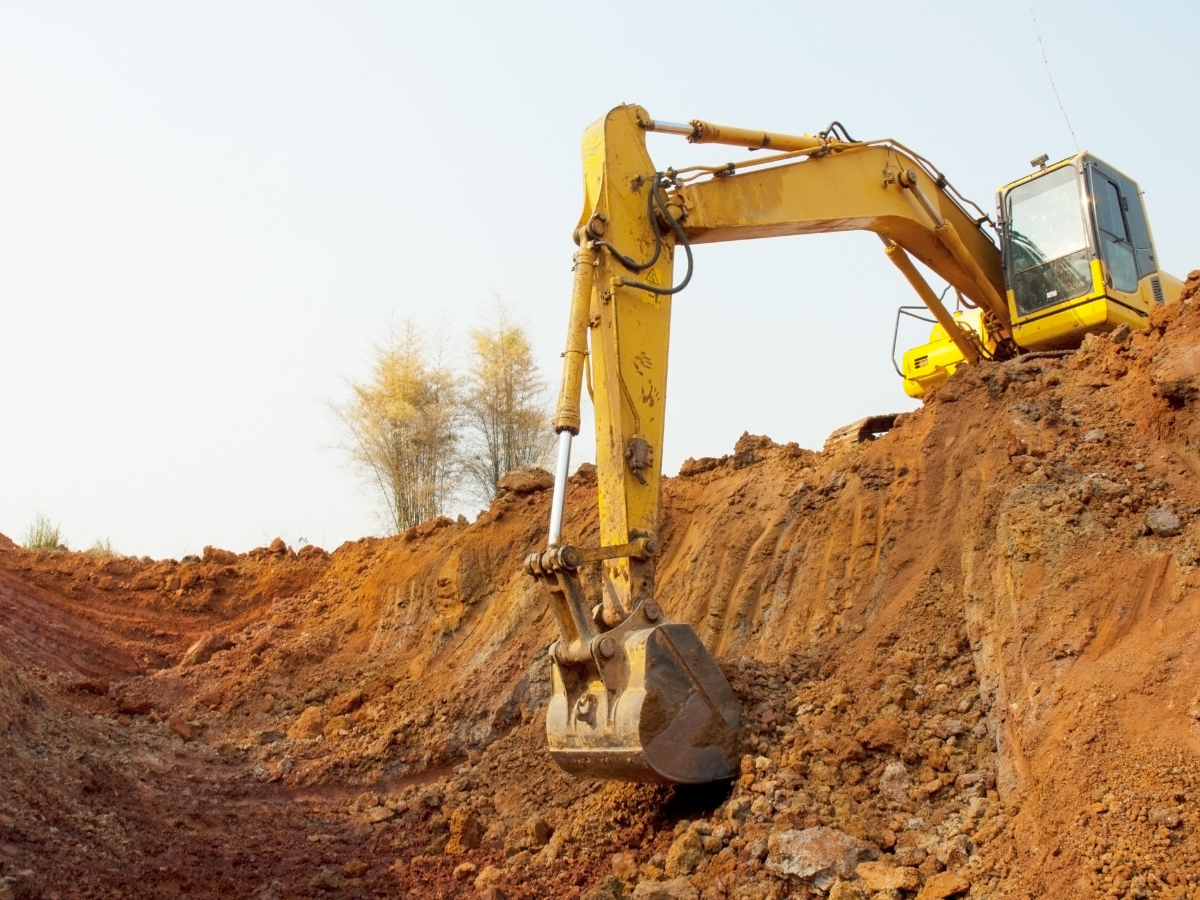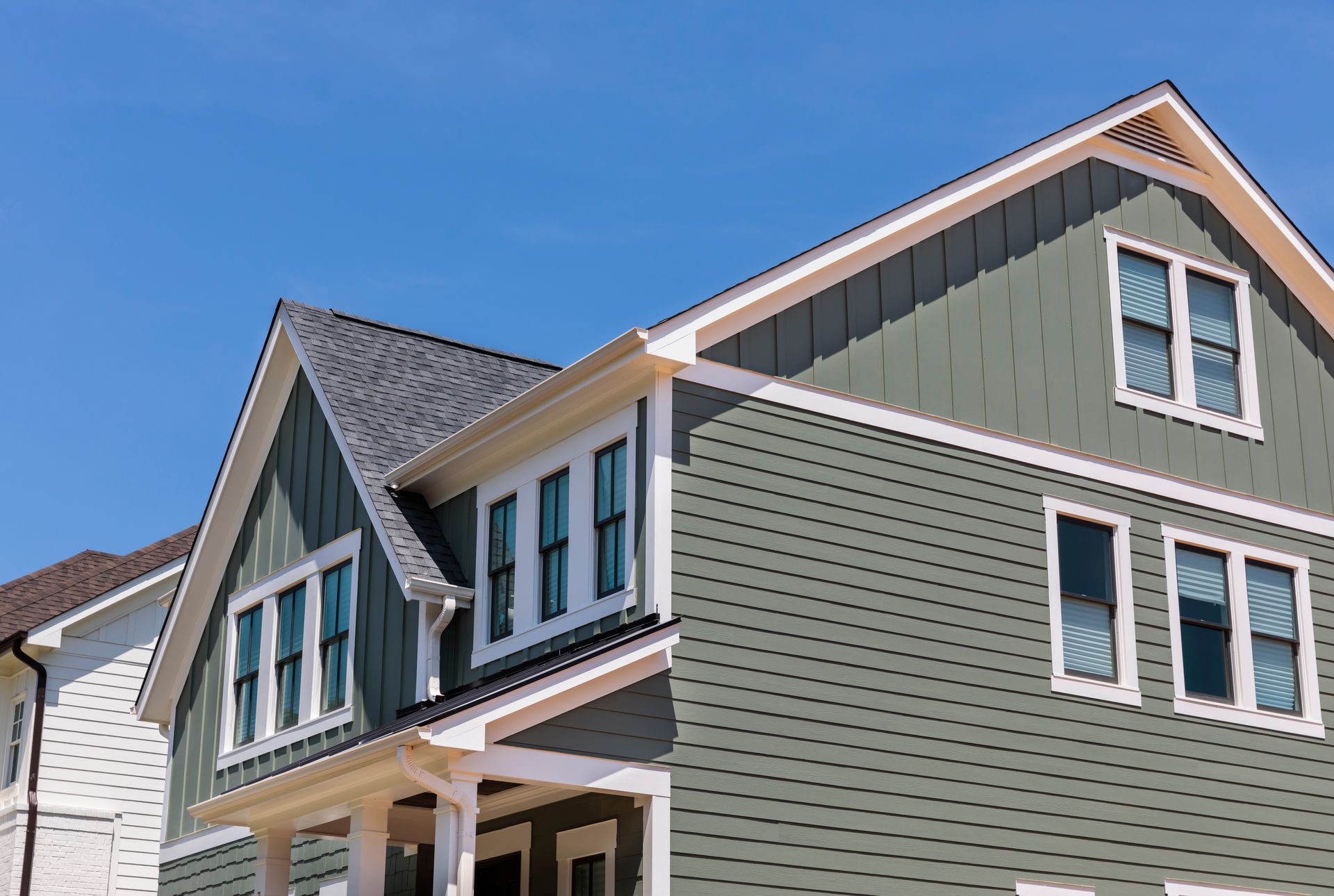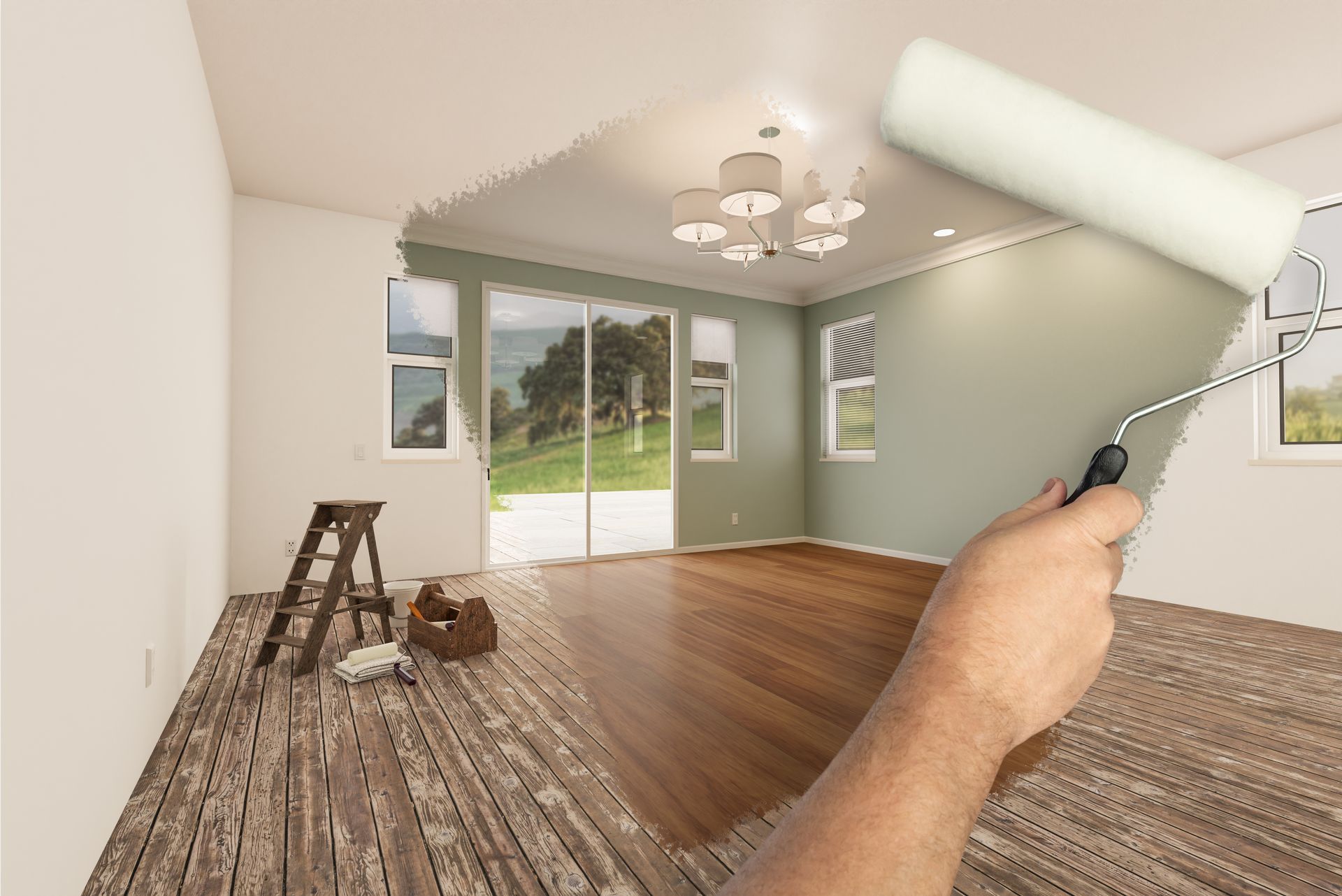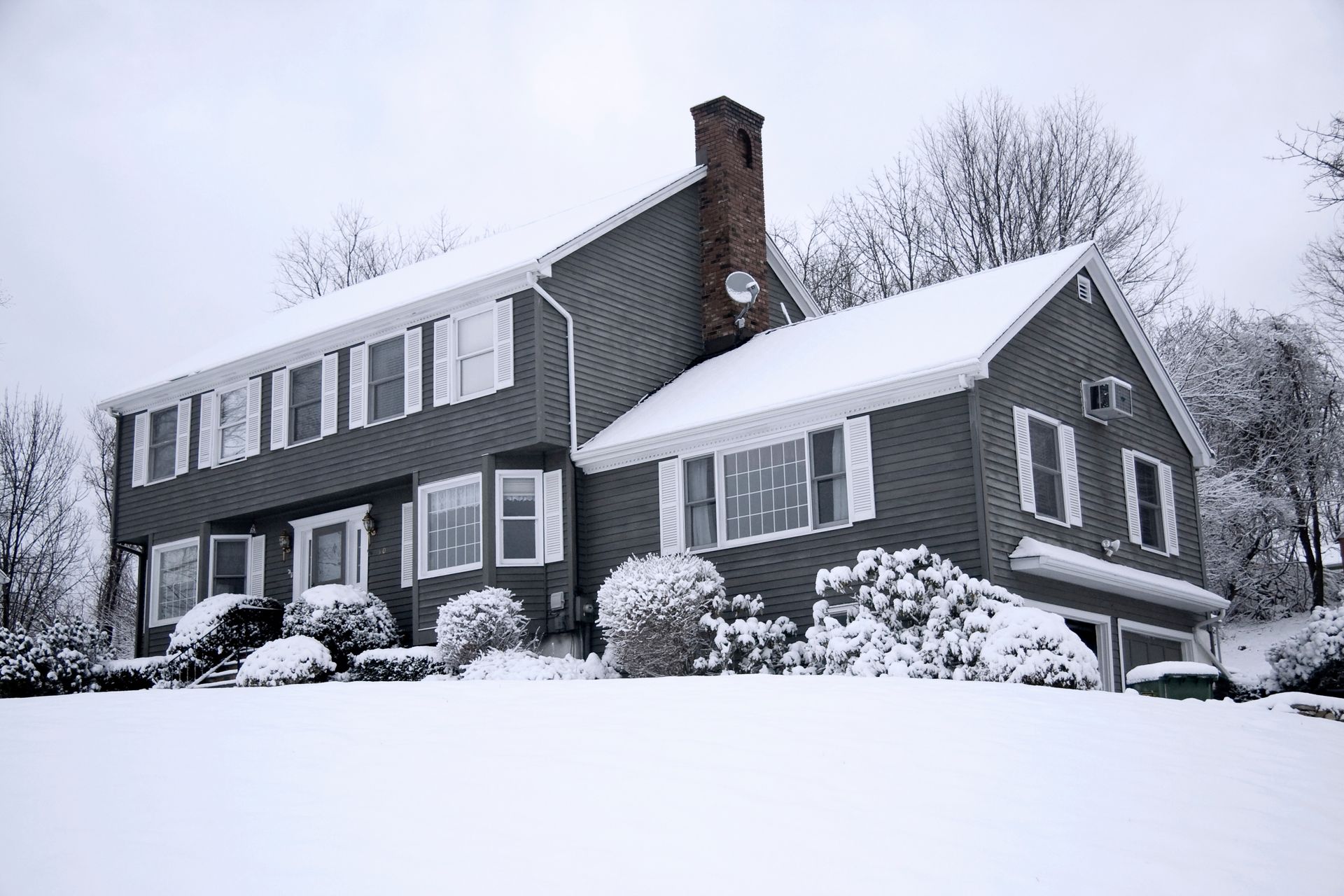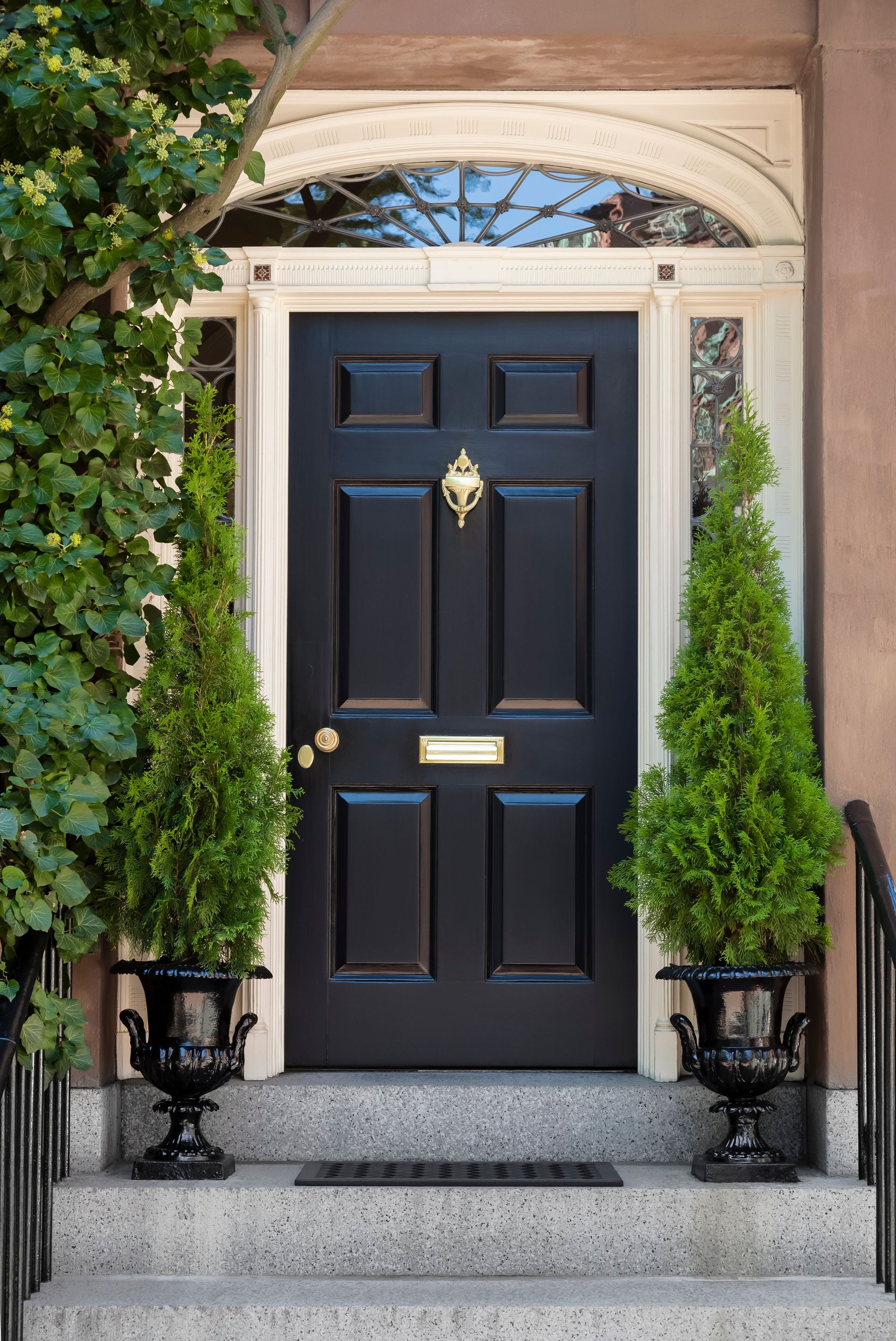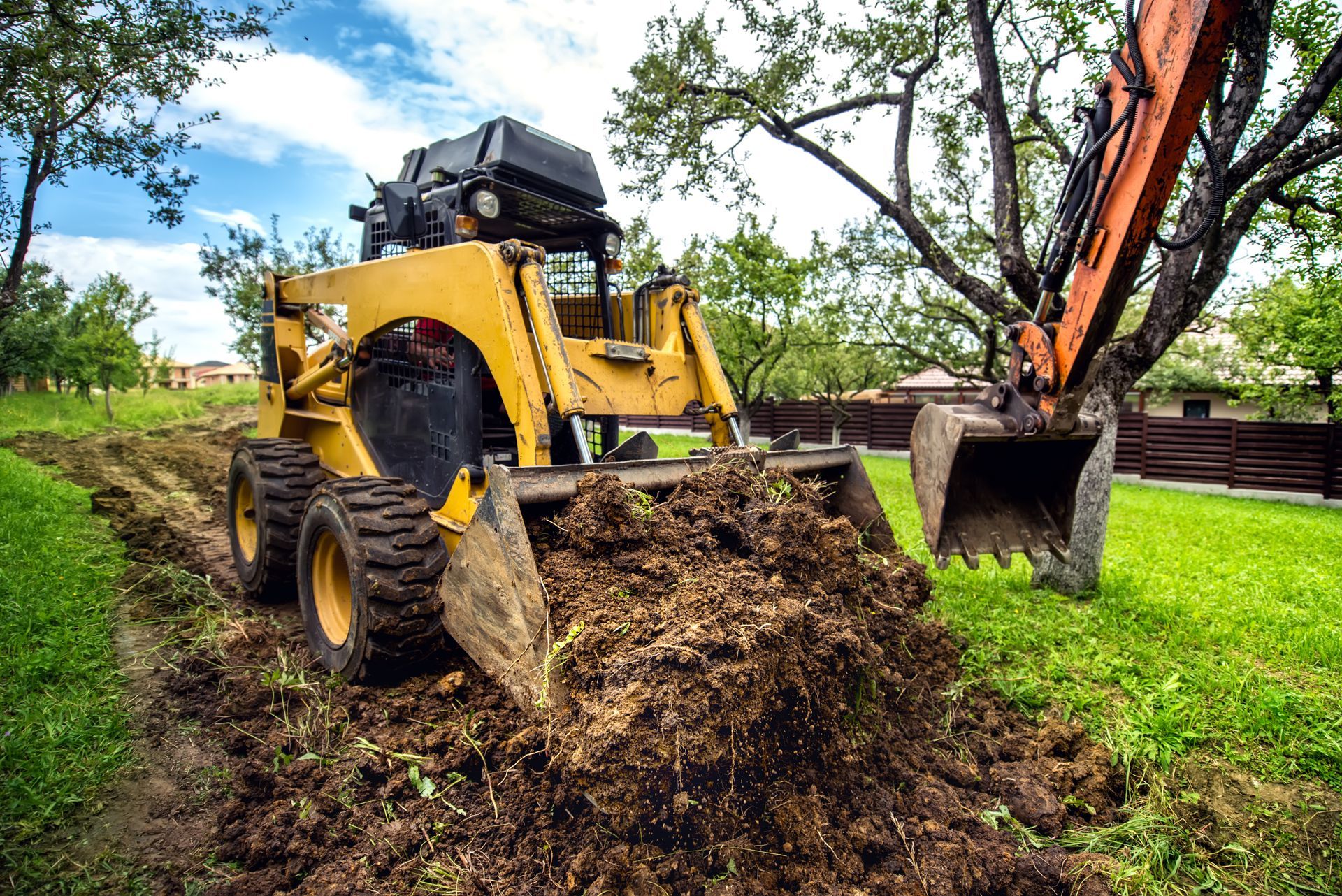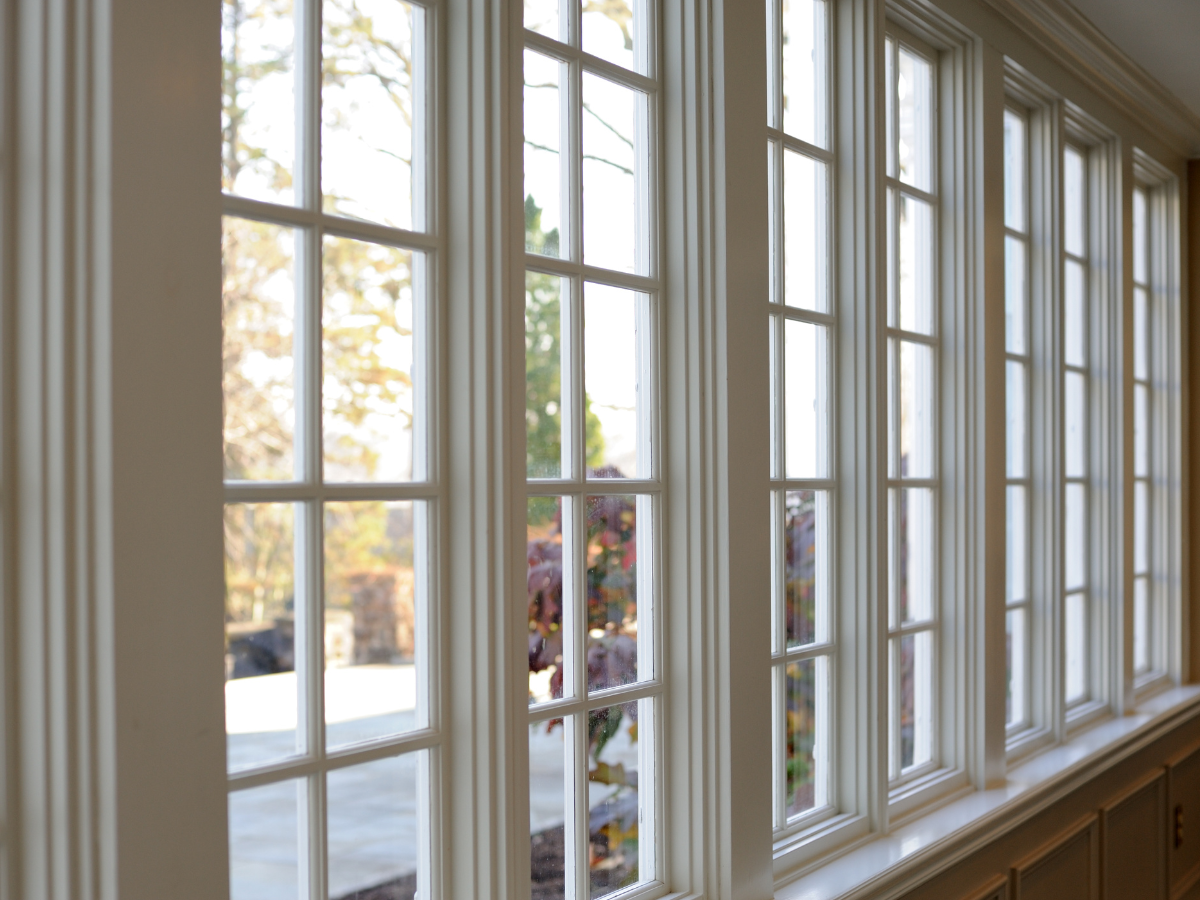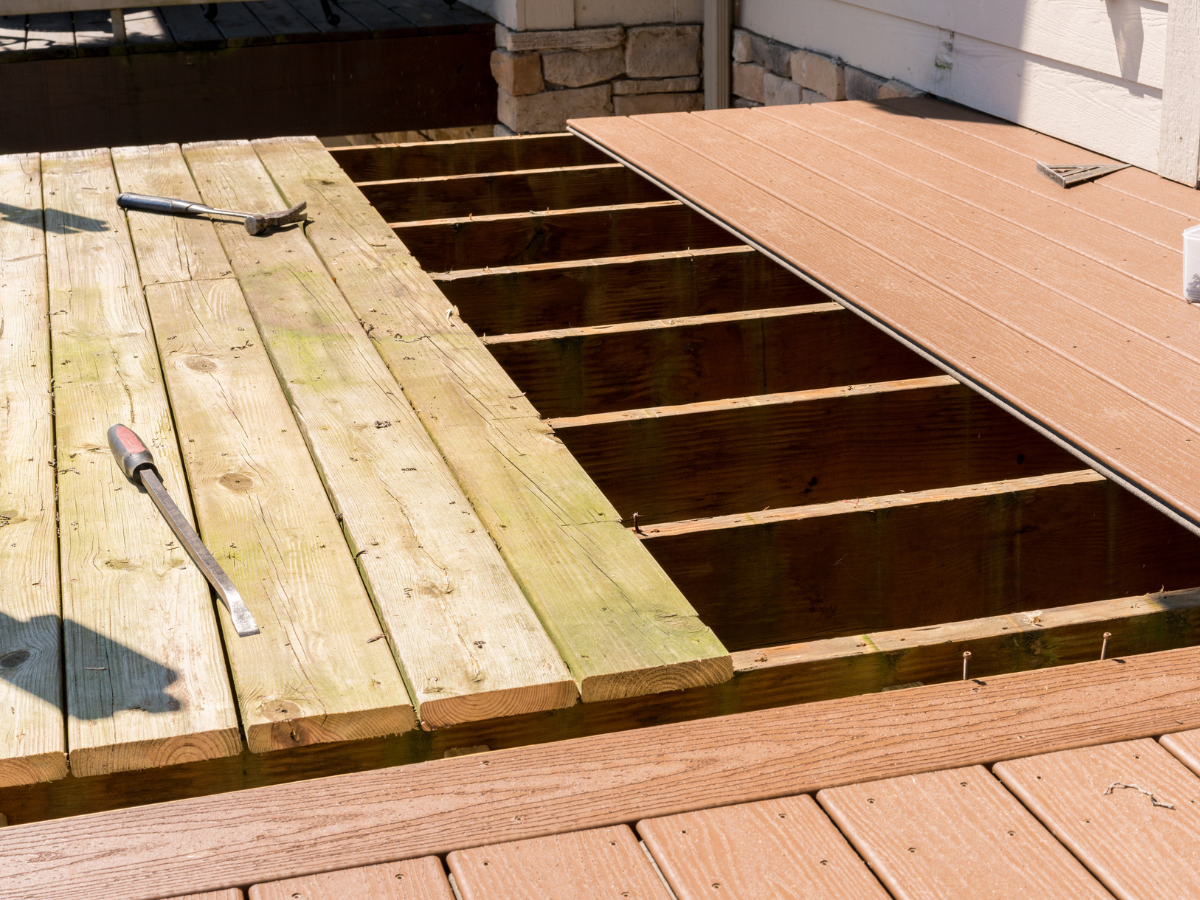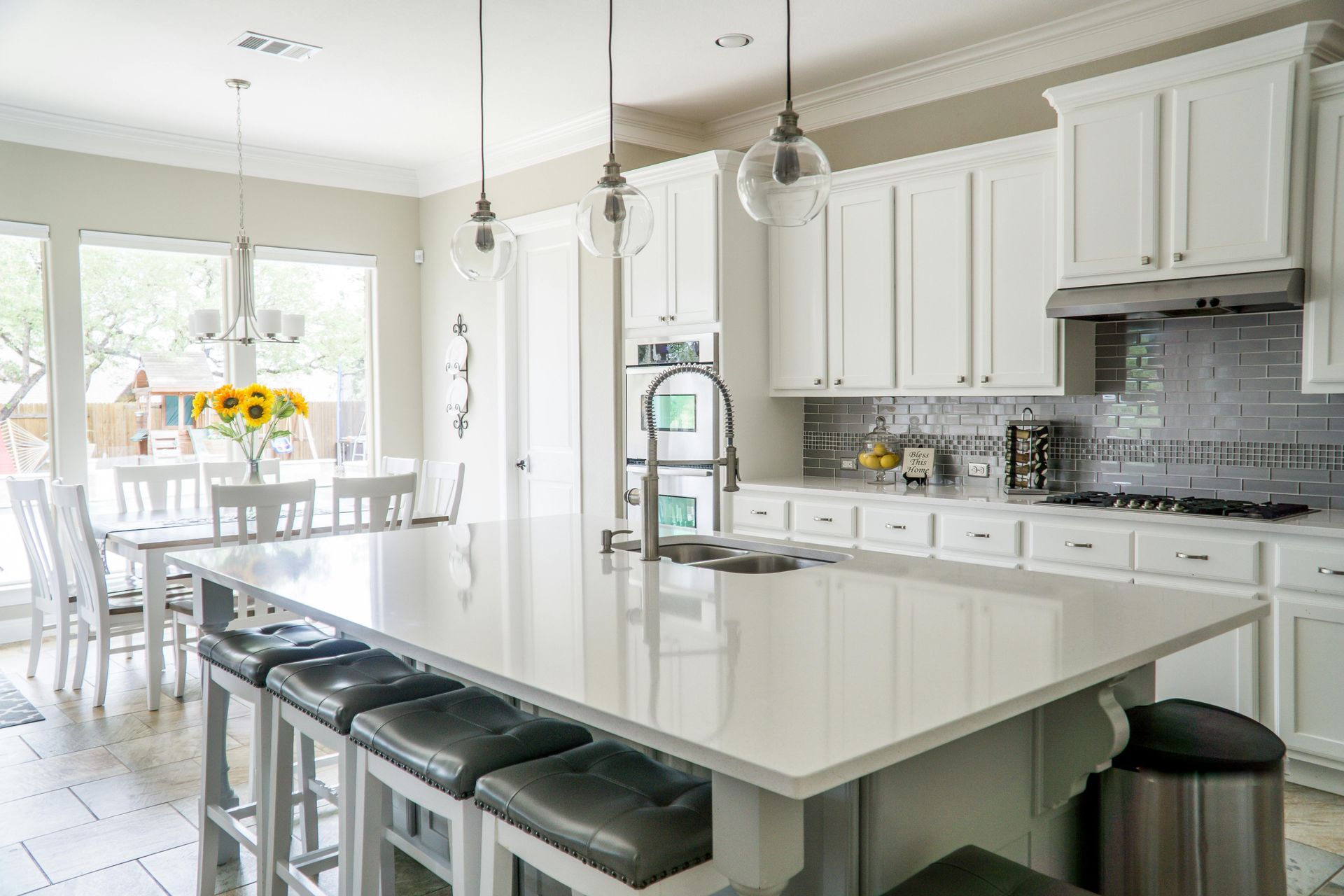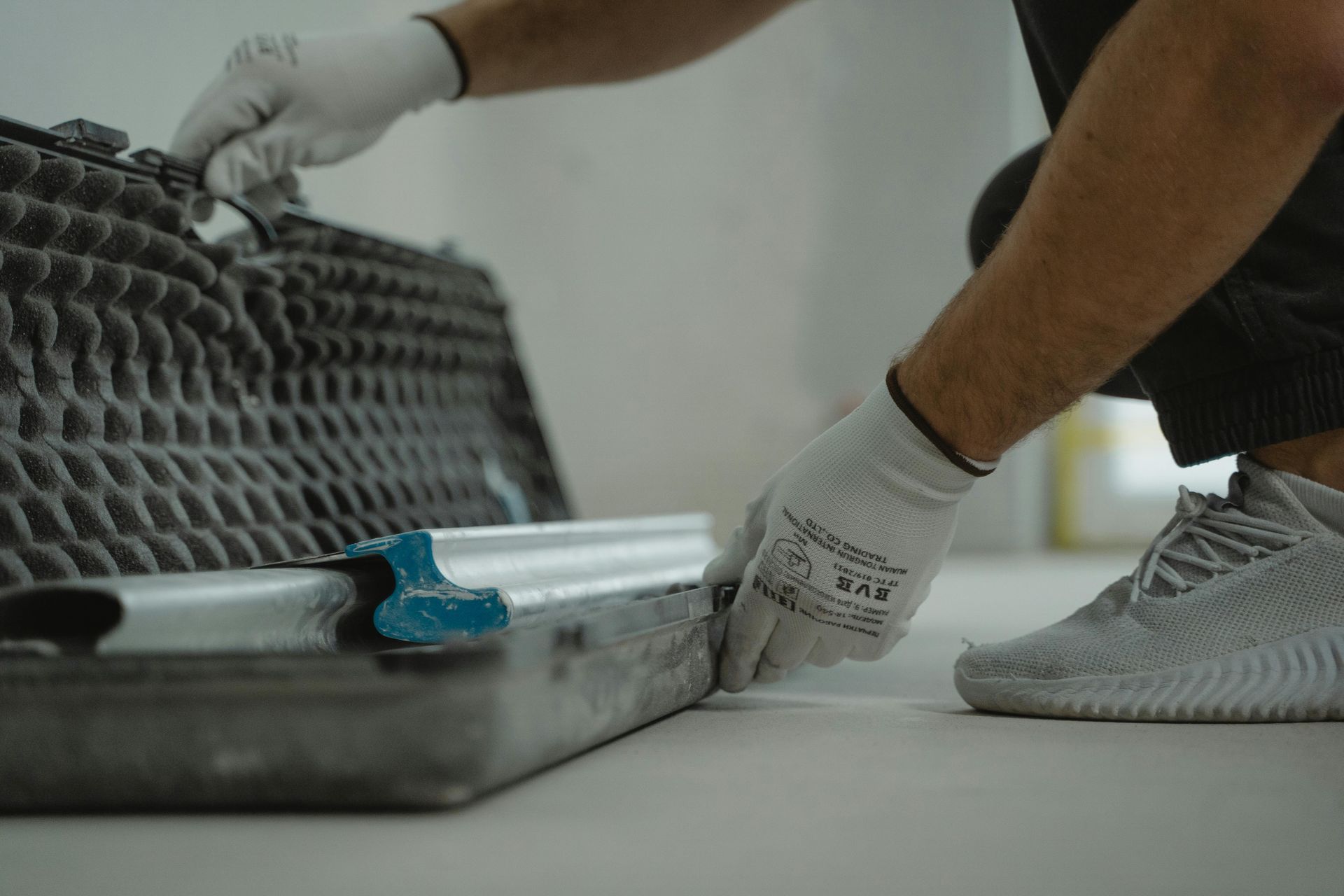What’s the Best Material for a Low-Maintenance Deck?
Building a deck is a major investment for any homeowner, and choosing the right deck material can make a huge difference in both longevity and upkeep. If you’re looking for a low-maintenance deck that combines durability, aesthetics, and cost-effectiveness, it’s essential to understand your options and how they perform over time. In this blog, we’ll explore the top choices for decking materials and guide you toward the best fit for your home.
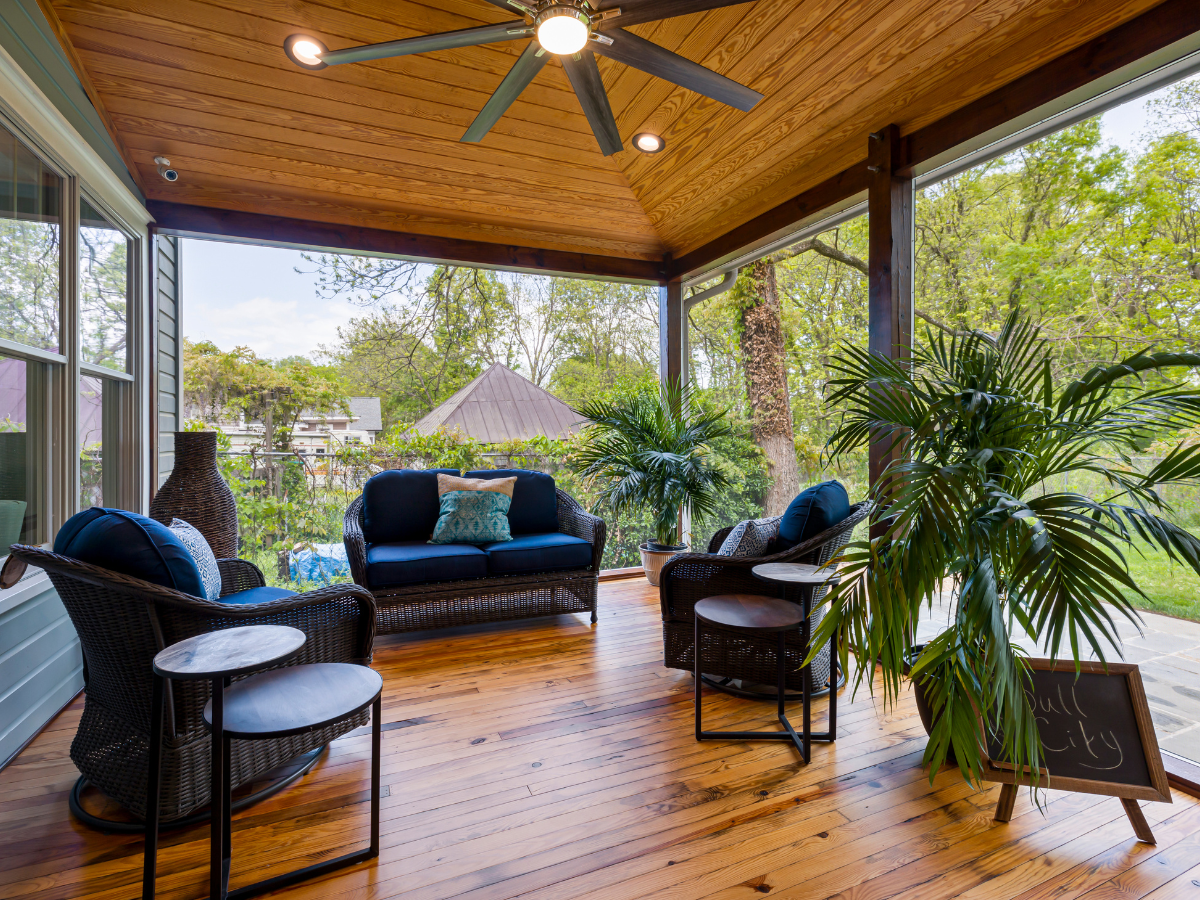
Wood Decking Options
Wood decking has long been a popular choice for homeowners due to its natural beauty and classic appeal. There are several types of wood that are commonly used for decks:
- Pressure-treated lumber: Affordable and widely available, pressure-treated wood is treated to resist rot and insects. While it requires occasional sealing and staining, it is a solid choice for budget-conscious homeowners.
- Cedar: Naturally resistant to decay and insects, cedar decking offers a beautiful reddish hue. It requires periodic maintenance, including sealing or staining, to preserve its appearance.
- Redwood: Known for its rich color and natural durability, redwood decks are highly resistant to moisture and decay. Maintenance is required every few years to maintain its aesthetic appeal.
While wood decking provides a natural look, it is not the lowest-maintenance option, as it can warp, splinter, or require regular refinishing over time.
Composite Decking
Composite decking has gained popularity in recent years as a low-maintenance alternative to wood. Made from a blend of wood fibers and recycled plastics, it offers many advantages:
- Durability: Resistant to rot, mold, and insect damage.
- Minimal upkeep: Requires only occasional cleaning with soap and water.
- Aesthetic versatility: Available in a wide range of colors, textures, and finishes that mimic natural wood.
- Eco-friendly: Often made from recycled materials, making it a sustainable choice for environmentally conscious homeowners.
For homeowners, composite decking is an excellent investment because it holds up well to local weather conditions, whether it’s intense sun, heavy rain, or snow.
PVC and Vinyl Decking
PVC and vinyl decking are fully synthetic options designed for homeowners who want absolutely minimal maintenance. They do not absorb moisture, resist fading, and will not rot or splinter. Some key benefits include:
- Easy cleaning: Simply hose down or wipe off debris.
- Color retention: Unlike wood, PVC maintains its color for years without staining.
- Longevity: Often comes with extended manufacturer warranties, sometimes 25+ years.
While PVC decking can be more expensive upfront, the reduced maintenance and long-term durability often make it a worthwhile choice.
Aluminum Decking
Aluminum decking is another low-maintenance option, though less common than composite or PVC. It offers:
- Unmatched durability: Resistant to weather, rot, and insect damage.
- Lightweight strength: Strong yet lightweight, suitable for elevated decks.
- Fire resistance: Aluminum is non-combustible, making it a safe choice near grills or fire pits.
Though aluminum decks may have a higher initial cost, they provide excellent longevity and require almost no upkeep.
Choosing the Right Material for Your Home
When deciding on the best material for a low-maintenance deck, consider:
- Climate in [your service area]
- Budget constraints
- Desired appearance
- Maintenance tolerance
For homeowners seeking a balance between beauty, durability, and low upkeep, composite decking is often the most recommended option. However, PVC and aluminum are excellent choices for those prioritizing minimal maintenance above all else.
Conclusion
A low-maintenance deck can provide years of enjoyment while minimizing your upkeep responsibilities. Whether you choose composite, PVC, aluminum, or wood, understanding the pros and cons of each material ensures you make the best choice for your home.
Ready to upgrade your outdoor living space with a custom deck that meets your needs? Contact Robert Heh Construction today to discuss deck installation, material options, and professional guidance to create the perfect low-maintenance deck for your home.
